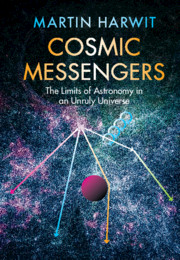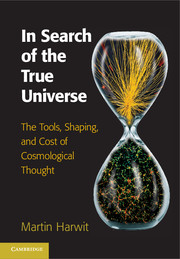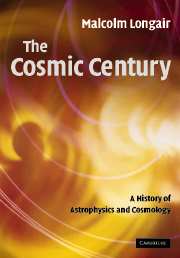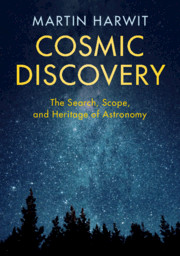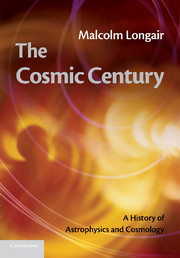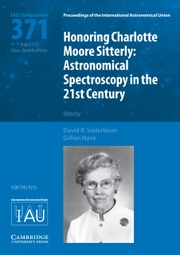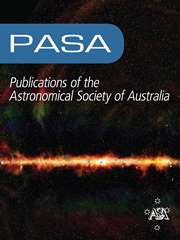Cosmic Messengers
Martin Harwit, author of the influential book Cosmic Discovery, asks key questions about the scope of observational astronomy. Humans have long sought to understand the world we inhabit. Recent realization of how our unruly Universe distorts information before it ever reaches us reveals distinct limits on how well we will ultimately understand the Cosmos. Even the best instruments we might conceive will inevitably be thwarted by ever more complex distortions and will never untangle the data completely. Observational astronomy, and the cost of pursuing it, will then have reached an inherent end. Only some totally different lines of approach, as yet unknown and potentially far more costly, might then need to emerge if we wish to learn more. This accessible book is written for all astronomers, astrophysicists, and those curious about how well we will ever understand the Universe and the potential costs of pushing those limits.
- Provides a means to assess critical factors that affect our understanding of the Universe, and how this depends on the availability of the requisite tools and their cost
- Explores the limits of improved tools in the face of unruly distortions of data; perfect observations will not help us if the information carried by cosmic messengers is flawed or incomplete
- Points to a cost-benefit analysis of pushing the limits of astronomy, in light of other societal priorities
Reviews & endorsements
'A fitting conclusion, and perhaps the most provocative of Martin Harwit's trilogy, Cosmic Discovery, In Search of the True Universe, and now Cosmic Messengers, which discusses the limitations of what we can learn about the universe from observational astronomy, and the implications for the future of observational astronomy and society.' Lennard A. Fisk, Thomas M. Donahue Distinguished University Professor of Space Science, University of Michigan
'This brilliant work by the distinguished astrophysicist - and philosophy-of-science theoretician - Martin Harwit brings forward a uniquely synthesized view of astronomy and astrophysics, and how we got to be where we are in understanding the Universe. This magnum opus is a fascinating book that should be read by all astrophysicists and held by all libraries.' Jay M. Pasachoff, Field Memorial Professor of Astronomy, Williams College, Massachusetts
'… this is an interesting and challenging book.' Robert Connon Smith, The Observatory magazine
'I am not aware of a better 36-page introduction to cosmology. … the book is interesting and informative.' William L. Vanderburgh, Metascience
'Cosmic Messengers should be of interest to a wide audience of astronomers, other scientists, historians of science, government agency planners, and anyone who wants to see the fruits of curiosity- driven research. It will also be a valuable resource to students and others aiming to place their research into a much larger context.' James Moran, Physics Today
Product details
April 2021Hardback
9781108842440
396 pages
250 × 174 × 22 mm
0.9kg
Available
Table of Contents
- Preface
- Part I. Instruments, Messengers, and Cosmic Messages:
- 1. Instruments, Messengers, Astrophysics and Cosmochemistry
- 2. Primordial Messengers and their Interpretation
- Part II. The Bounded Energies of Nature's Messengers:
- 3. Cosmic Ray Particles, Photons, and Leptons
- 4. Gravitational Waves
- 5. Gravitational Lensing
- Part III. Parameters Specifying Individual Messengers:
- 6. The Ranges of Messenger Parameters
- Part IV The Pace of Progress
- 7. An Era of Surveys
- 8. The Accumulation of Discoverable Phenomena
- 9. The Human Aspect of the Cosmic Search
- Appendix: Symbols, Glossary, Units and their Ranges
- Index.

